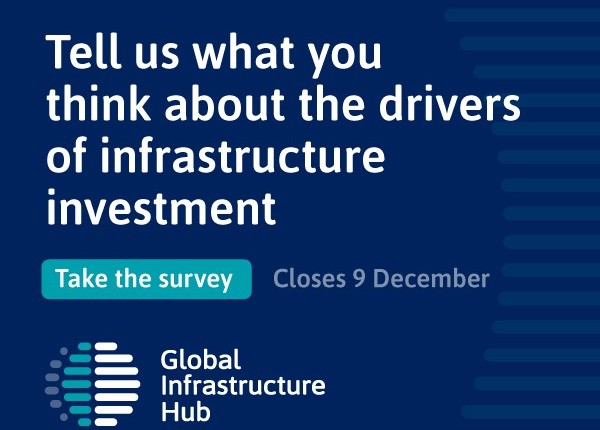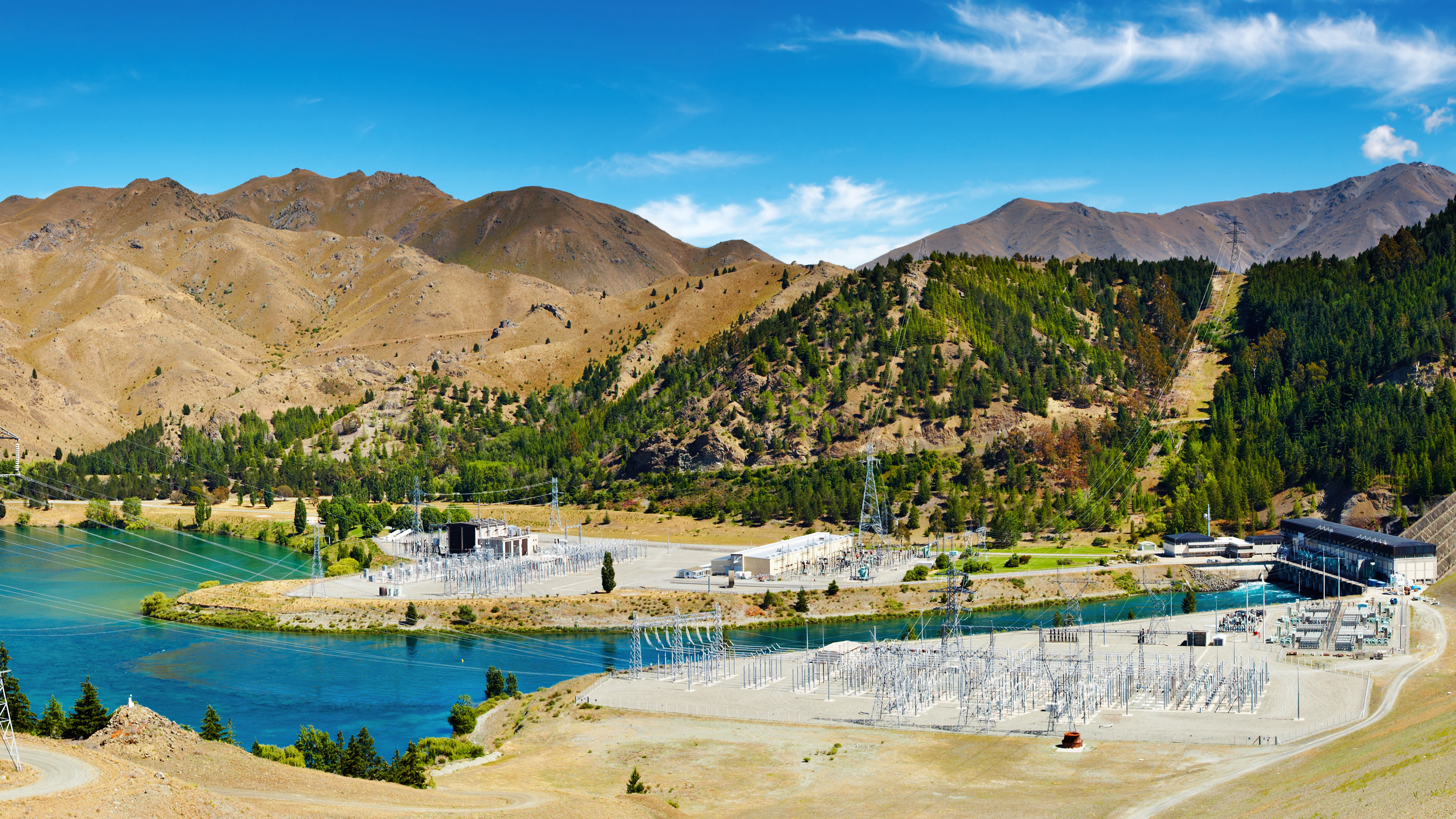1740 results found
Featured results



More results
InfraTracker is an open access tool that shows how much governments invest in infrastructure, and how they allocate this investment. It is the first tool of its kind and scale to be developed with the cooperation of G20 governments.
The Leaders' Declaration from the New Delhi G20 Leaders' Summit of 9-10 September 2023

The New Dunedin Hospital is a new hospital to be constructed in the lower region of New Zealand’s (NZ) South Island. Complex projects such as the New Dunedin Hospital typically suffer from an imbalanced risk allocation between the client and contractor due to a lack of investigative works or market engagement in the planning process.
As issues such as energy security, environmental protection and climate change become increasingly prominent, accelerating the development of new energy has become the general consensus and concerted action of the international community in order to promote energy generation transformation and address climate change.
To increase understanding and improve the consideration of circular infrastructure, the GI Hub has formed a Circular Economy in Infrastructure Action Group that includes global, senior leaders in circular economy and infrastructure across the public and private sector.
Read more about Infrastructure Futures, our new report looking at the key megatrends with the potential to disrupt the industry through to 2050.
The GI Hub wants to hear your views on the policies and practices that enable greater investment in infrastructure.
The Guidance Note, developed by the GI Hub in collaboration with Cambridge Economic Policy Associates Limited (CEPA), identifies lessons learned from various existing NIBs in both emerging markets and high-income countries through 11 case studies which explore different NIBs that have existed from 1945.
The Output Specifications for Quality Infrastructure Reference Guide, helps governments to operationalise the definition of Quality Infrastructure Investment agreed on by G20 nations.
The NSW Government faced a shortage of skilled workers and an ongoing lack of workforce diversity in the infrastructure industry – particularly with respect to women, Aboriginal and Torres Strait Islander people, and apprentices. The government, in consultation with the construction industry, mandated skills, training, and employment targets for all major government infrastructure projects.
A project that that drastically cuts travel, transportation and freight times from one side of the Alps to the other along the Rhine-Alpine Corridor, one of the busiest freight routes, connecting Northern to Southern Europe.
The wellbeing of natural resources, people and communities emphasised in New Zealand.
GI Hub is today releasing new analysis of investment data from more than 250 long-term infrastructure plans across 25 G20 economies.
The Africa Infrastructure Fellowship Program (AIFP)—a joint initiative between the Global Infrastructure Hub (a G20 initiative), private investment firm Meridiam, and the World Economic Forum (WEF)— has been formally announced by Mr Jean-Baptiste Lemoyne, the Secretary of State attached to the Minister for Europe and Foreign Affairs.
The Africa Infrastructure Fellowship Program (AIFP)—a joint initiative between the Global Infrastructure Hub (a G20 initiative), private investment firm Meridiam, and the World Economic Forum (WEF)—has been formally announced by Mr Jean-Baptiste Lemoyne, the Secretary of State attached to the Minister for Europe and Foreign Affairs

Private investment in infrastructure through primary market transactions remains low at around US$100 billion per year and has been declining over the past decade according to a new Global Infrastructure Hub (GI Hub) report, Infrastructure Monitor 2020.
The GI Hub has today published Infrastructure Monitor 2023. This year’s edition reveals the mixed state of private investment in infrastructure, where positive trends like strong investment, growing use of sustainable finance, and resilient financial performance exist alongside challenges like low levels of capital raised and persistent disparities between high-income countries and other countries.
Infrastructure Monitor is the GI Hub's annual flagship report on the state of investment in infrastructure. The 2022 report examines global private investment in infrastructure projects, infrastructure investment performance, availability of private capital and the role of MDBs in private investment in infrastructure.
Cross-border infrastructure is essential for connectivity. The GI Hub has created a reference guide that presents key learnings and global practices for successful cross-border projects, drawing from a comprehensive literature review, analysis of case studies and the input of international experts in cross-border projects.
The Global Infrastructure Hub (GI Hub) has now signed a consultancy contract for the development of a reference tool to address inclusion in large infrastructure projects.





 Infrastructure and Circular Economy
Infrastructure and Circular Economy














